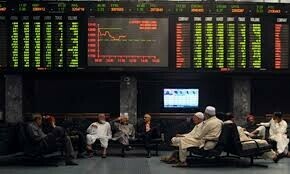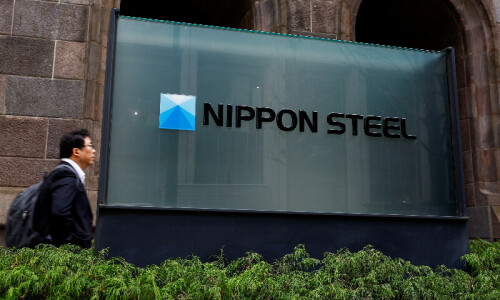NEW YORK, Nov 22: From the tech bubble to the housing bubble to the soap bubble? Companies offering basic services could be the next market leaders as investors turn to companies best positioned to weather the pressures of tight credit and an anaemic economy.
As stock market remains in the grips of the fallout from the credit crunch and fears of a protracted slowdown, analysts caution they don’t expect to see a new hot sector emerging following the collapse of the housing sector, which is at the heart of the global financial crisis.
That means the traditional defensive sectors, such as health care and utilities, are poised to perform better than companies that are more vulnerable to the business cycle, analysts said.
Not only could these sectors provide a defensive play, the companies are not as heavily leveraged, meaning they don’t need to access cash to fund operations in the midst of tight credit markets.
Defensives are seen as relatively safer and better suited to weather an economic storm because their products are considered essential and less likely to feel the effects of a slowdown in consumer and corporate spending.
Carl Birkelbach, head of Birkelbach Management in Chicago, pointed to the utilities sector as having the potential to become a market leader.
“If you’re nervous about putting money back in the market, you want to get into something where you don’t have to worry about the earnings next year, and so utilities have that,” said Birkelbach.
Equities have been hammered by fears of a deepening economic slump, as well as disappointing company profits and forecasts, causing investors to flee and more than a decade of gains on the benchmark Standard & Poor’s 500 index to evaporate.
The S&P 500 finished Thursday’s session at its lowest level since 1997 as investors dumped banks, commodity producers, and car makers. The benchmark index rebounded 6.3 per cent on Friday.
But some defensives have fared much better than the broader market. Campbell Soup Co, for example, is up 4 per cent year-to-date. Household products maker Clorox is down about 10 per cent, but that compares with a market that is now about 50 per cent below its October 2007 record high.
The cheap prices for stocks could benefit the health care sector, Tobias Levkovich, chief US equity strategist at Citigroup, wrote in a research note.
Levkovich noted that while the sector has been a disappointing performer for the better part of the decade, it “provides attractive valuation and the safety and security aspect being sought by investors.”
A more conservative approach will mark a back-to-basics return to investing with a focus on fundamentals, such as companies that are well capitalised with strong balance sheets, said Fred Dickson, market strategist and director of retail research at D.A. Davidson & Co in Lake Oswego, Oregan.
Dickson said he doesn’t expect to see any new bubbles emerge as investors become more prudent in their appetite for risk.
The absence of a high-flying sector where investors can pile in money would be a sharp departure from the influential bubbles that have characterized the last decade, spanning sectors from technology to housing to financials to commodities.
With tight credit conditions biting into the profits of energy, material and industrial companies, these recent investor darlings are unlikely to recover lost ground, wrote Levkovich.—Reuters















































Dear visitor, the comments section is undergoing an overhaul and will return soon.